It was launched to create new jobs in the wake of COVID. But the Predator Free Apprentice Programme ended up doing so much more.
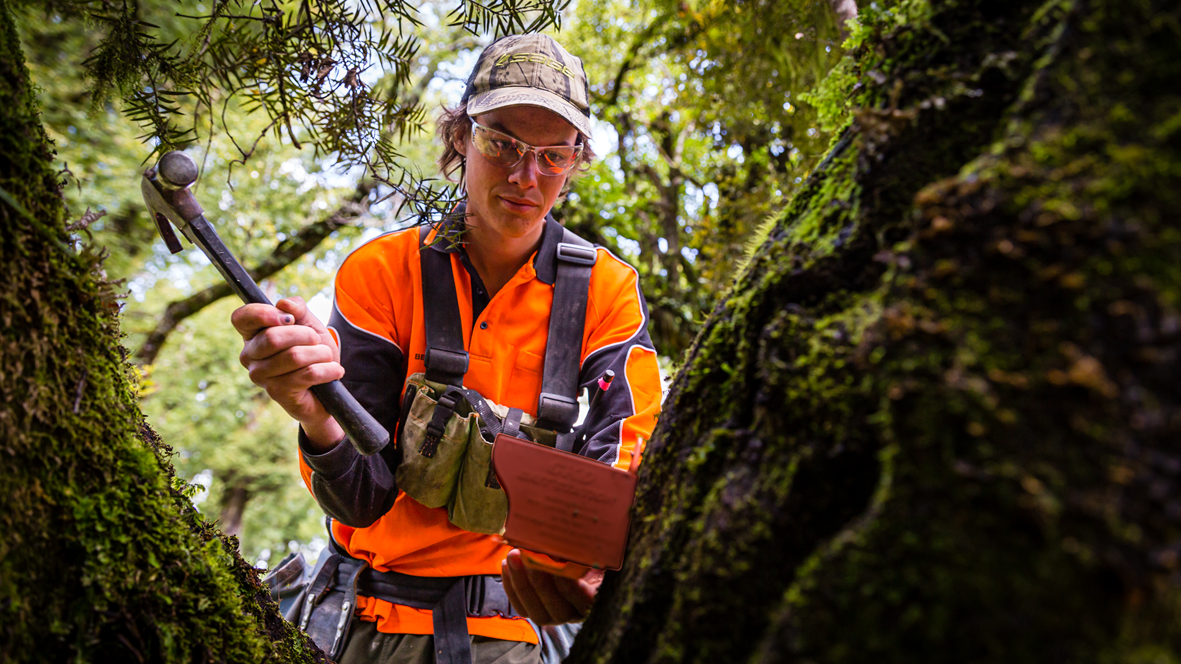
The first of its kind, the Predator Free Apprentice Programme placed young people into host organisations across the country to train in predator control, wildlife monitoring, and project operations.
Of the graduates, 98% are employed in the sector, bolstering the boots in the field doing the hard mahi to get us to predator free.
Funding (through the Department of Conservation’s Jobs For Nature scheme) has come to an end, but there are hopes a new funding source will revive the programme.
Bartending to biodiversity
Graduate ecologists, bartenders, labourers, and people between jobs – all kinds of applicants answered the call for the two-year programme in 2020 which meant fresh new faces, backgrounds and perspectives joined the sector.
Most predator control businesses are small, so taking on an unskilled staff member is a risk many are unwilling to take. The programme meant they could take a punt and hire people who didn’t have the necessary specialised skills and train them up, and it paid off.
Take apprentice Jenilee Hill. She had an university ecology degree but no practical experience in the outdoors, she needed “someone to take the risk.”
“It was all firsts for me: driving a truck for the first time, riding quad bikes, shooting a gun. Everyone I work with is so patient and helpful. I even got my firearms licence and controlled substance license. I am just so proud of myself.”
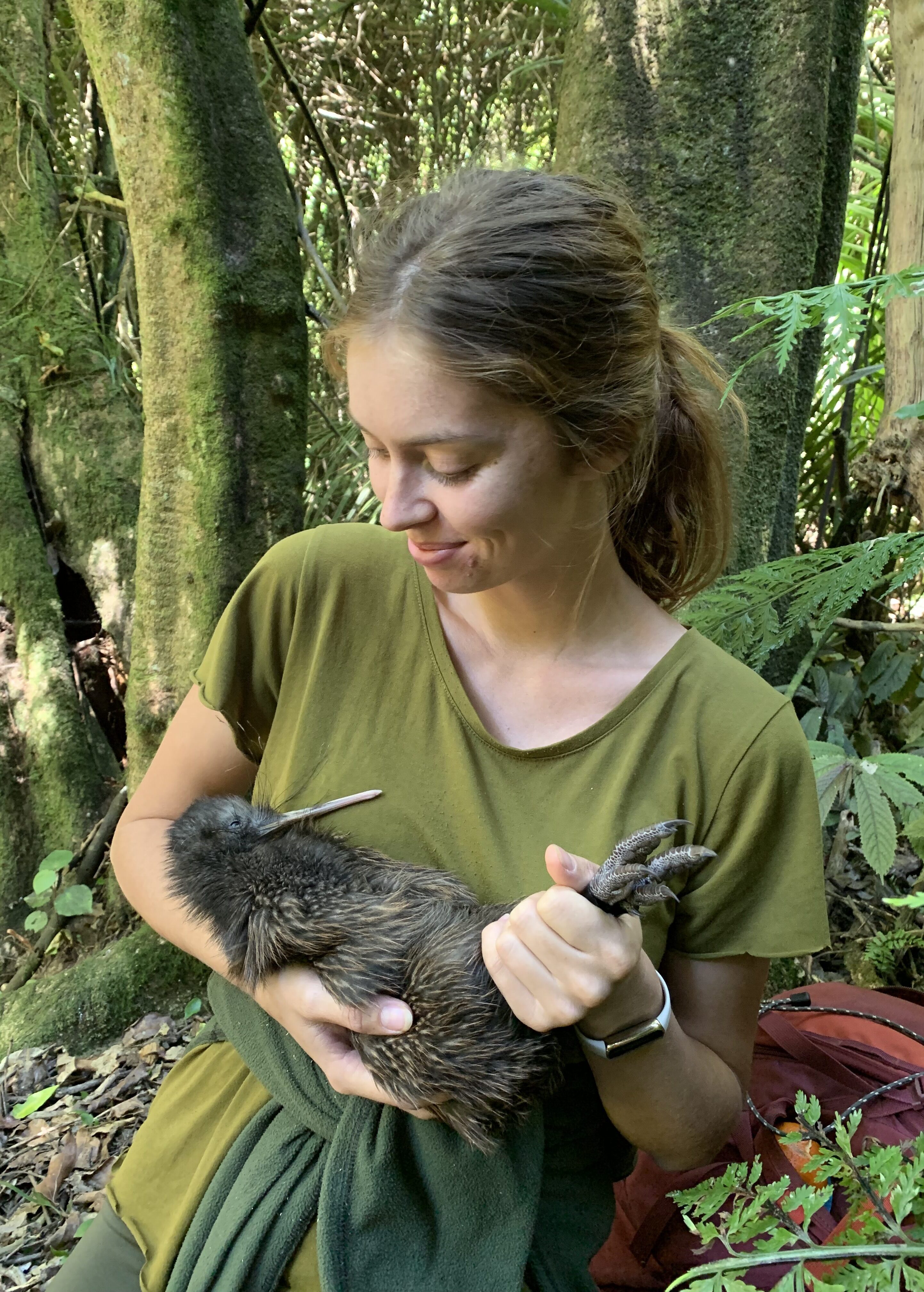
Apprentice Māia Gibbs was in a hospitality gig but knew she was more comfortable outdoors than slinging drinks. With limited training or experience, Taranaki Kiwi Trust took her on and she became “a real asset”. She’s now one of a limited number of people in the country with kiwi handling accreditation.
Getting hands-on
The apprentices all share a love for the outdoors, but the programme showed conservation isn’t just a job in nature — it’s a compelling long-term career choice.
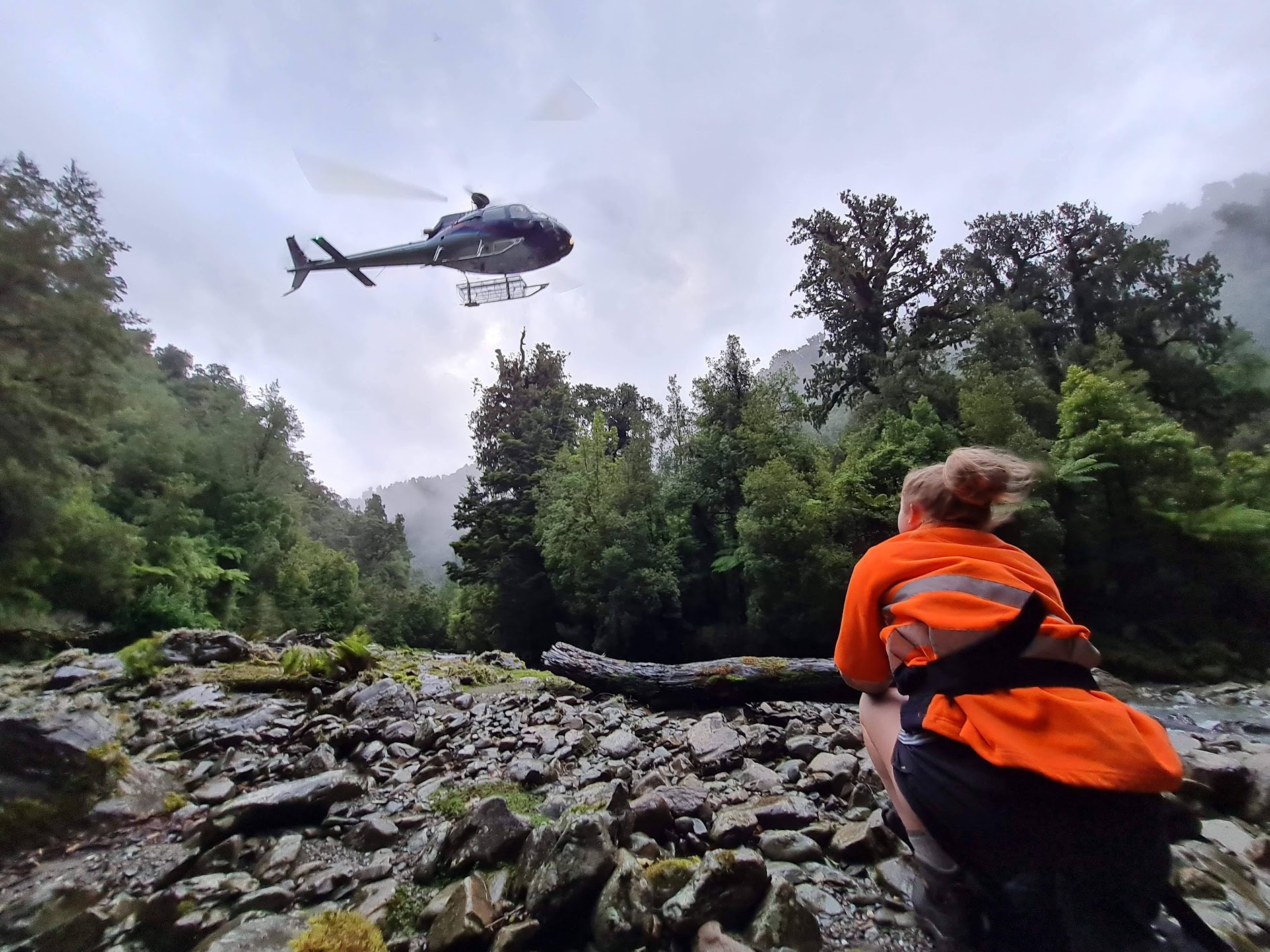
Along with the grunt work of traditional predator control methods, apprentices learned how to handle kiwi, fly drones, drive offroad vehicles, band birds, monitor bats, manage projects, and more.
Throughout the programme hosts saw their apprentices grow in confidence and resilience. Apprentices themselves talked about the health and well-being benefits of working outdoors in nature every day.
“I’ve come out way better than when I started this. Just being out in the field and in my conscious being, I’m way more in touch with the whenua. For example, I didn’t use to hear the birds, but now I do, and I can pick out individual species,” reflects Mawene Bidois, a graduate in Taranaki.
Wide horizons
Apprentices didn’t just learn new skills but also saw some pretty remote and beautiful places across the country (and beyond).
They travelled to Whenua Hou (Codfish Island) to help with kākāpō breeding, went pack rafting to monitor river birds, trapped on remote sanctuary islands, and helped build predator proof fences in the Caribbean.
When apprentice Jack Fifield was offered the chance to do a stint with the kākāpō recovery programme on one of our predator free offshore islands, he didn’t hesitate. “Hell yeah,” he said. “I never thought I’d get to see a kākāpō in my life.”
“When you spend time in pristine bush like that you really notice what’s missing when you come back,” he says.
These kinds of experiences are essential to creating a skilled and passionate predator control workforce. Comprehensive training is vital, but these rich experiences drive a long-lasting desire to create a better future for New Zealand’s wildlife.
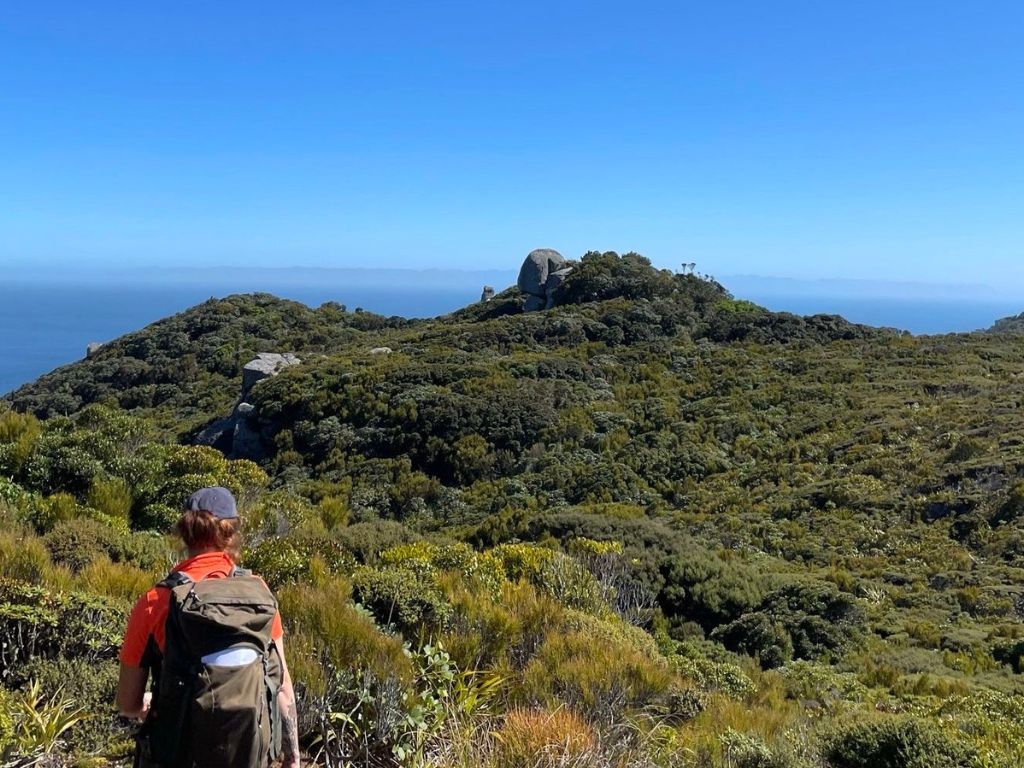
A boon for business
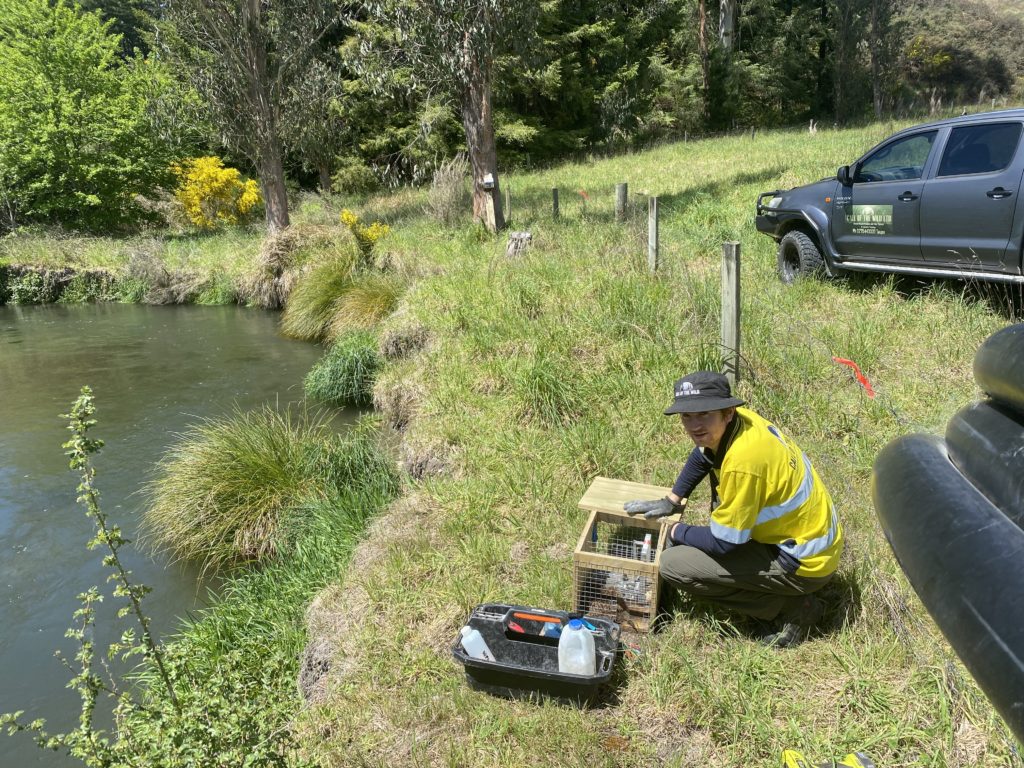
Taking on funded apprentices meant small businesses and charity organisations could grow their teams, unhindered by financial restraints. It went beyond just putting bums on seats: the programme meant there was support for training and nurturing new hires into competent, skilled and well-rounded staff.
For small outfits like Call of the Wild in Taupō, the programme helped them double their team from two to four, covering more projects and making more impact on predators in the area.
Spending time with Call of the Wild founder, Jason Day, apprentice Finn Giddy got to learn “from the best”. He says, “Learning the skills and knowledge that Jason has about the bush and animals, even small business-owning skills, it’s been great.”
Unexpected bonds
Amid the hustle and bustle of saving native species, the programme wove together businesses, organisations and communities in the shared predator free mission.
Apprentices volunteered with local conservation groups, notching up more than 16,000 hours for community conservation.
This helped build stronger relationships with their local communities and meant businesses could provide expertise where it was most needed.
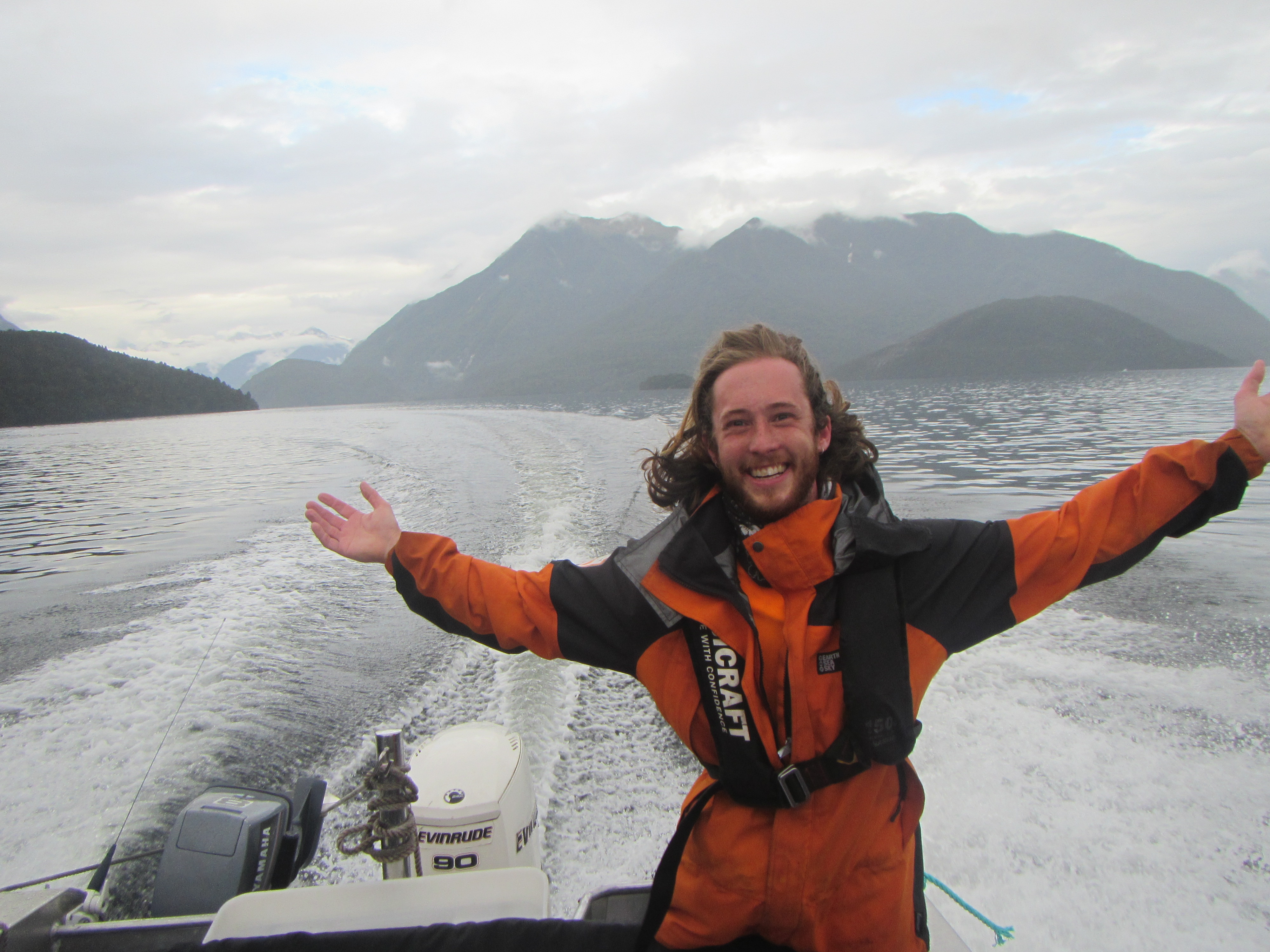
By being a part of the nationwide programme, hosts and apprentices could see the part they play in the Predator Free 2050 goal.
After a stint trapping stoats on Secretary Island in Fiordland, apprentice Aidan Braid reflects, “On the boat ride back to Deep Cove, we were again thinking about the big picture. Coming from trapping in Ōtepoti (Dunedin), removing pests from this steep country can be intimidating, but working back home is only the beginning.”

